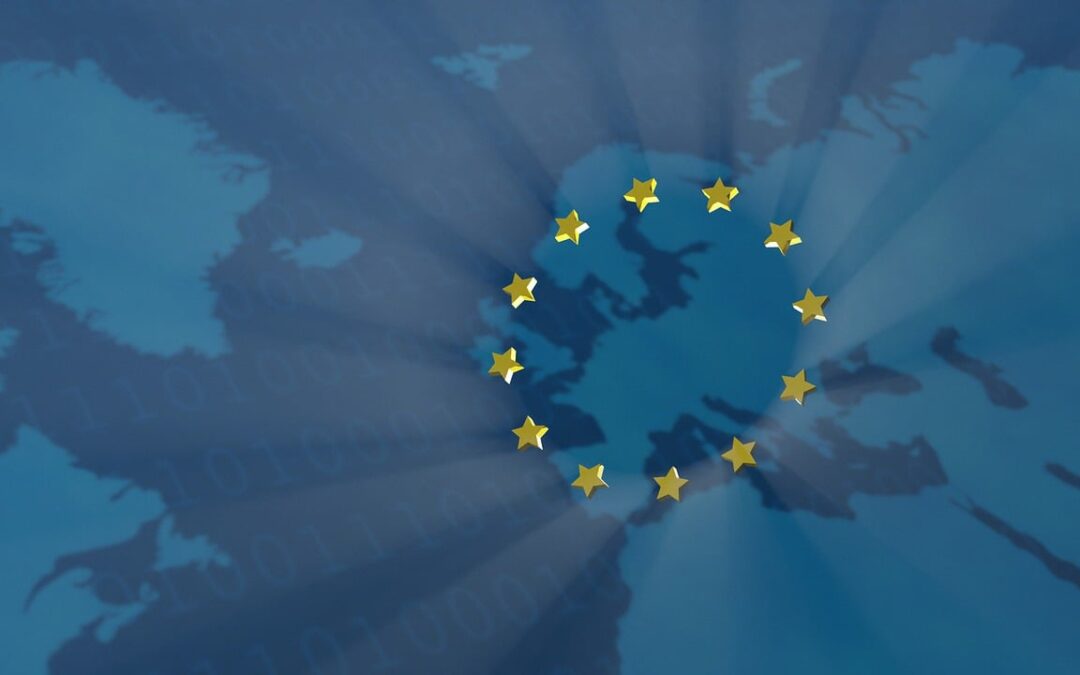COOPERATION IN CRIMINAL MATTERS BETWEEN THE EPPO AND POLAND IS NOW FUNCTIONAL
On 27 December 2022, amendments to the Criminal Procedure Code of Poland came into force, which allow the Polish authorities to cooperate in criminal matters with the EPPO, on the basis of the relevant EU legal instruments, such as the Directive on the European Investigation Order (2014/41/EU), Regulation 2018/1805 on mutual recognition of freezing and confiscation orders or the European Arrest Warrant Framework Decision (2002/584/JHA).
We recall that before the entry into force of these amendments to the Criminal Procedure Code, European Investigation Orders and European Arrest Warrants issued by the EPPO and addressed to Polish authorities could not be executed, as the Polish law allowed only cooperation with judicial authorities of Member States.
The new provisions of the Polish Criminal Procedure Code provide for the application mutatis mutandis between Poland and the EPPO of the relevant EU instruments on judicial cooperation in criminal matters. Yet, according to these legal provisions, contrary to the cooperation between the Polish prosecutor’s offices and the national authorities from other EU Member States, which is based on the principle of direct contact, the EPPO’s requests for cooperation addressed to prosecutorial authorities from Poland have to be sent to the National Prosecutor’s Office, Department for International Cooperation, as Polish Central Authority.
The new Polish legislation produced the first positive effects, as proven by the cooperation of Poland in the EPPO’s operation “Marengo Rosso”. During the operation, led by the EPPO office in Madrid (Spain), 39 searches were carried out and 17 people were arrested in eight countries (including Poland). In February 2023, the operation was carried out against a criminal organisation centred in Spain, believed to have orchestrated a massive €25 million VAT fraud through the sales of mobile phones and other electronic equipment. One of the main suspects in this investigation was arrested in Milan (Italy), in the scope of another EPPO investigation.
EPPO RECOGNISED BY SWITZERLAND UNDER DOMESTIC LAW ON MUTUAL LEGAL ASSISTANCE IN CRIMINAL MATTERS
On 15 February 2023, an Ordinance on cooperation with the European Public Prosecutor’s Office adopted by the Federal Council of Swiss Confederation on 21 December 2022 came into force. By this Ordinance, the EPPO has been recognised by Switzerland as a competent authority under the Federal Act on Mutual Legal Assistance in criminal matters.
In practice, this means that, as of 15 February 2023, the Swiss judicial authorities will cooperate with the EPPO on mutual legal assistance and other forms of judicial cooperation in criminal matters, on the basis of the Swiss law, and not on the basis of a multilateral convention to which the EU Member States participating in the EPPO are Parties.
We recall that on 1 February 2022 Switzerland notified the Secretariat General of the Council of Europe that it cannot cooperate with the EPPO on the sole basis of notifications made by the participating Member States under Article 24 of the European Convention on mutual assistance in criminal matters (Strasbourg, 20 April 1959). Moreover, the Swiss authorities were not able to use, for cooperation with the EPPO, the Council of Europe relevant instruments, even if the European Delegated Prosecutors were using their national powers.
Author: Antony Zhilkin
Vice-President Steering Committee

